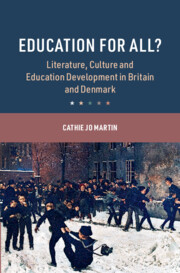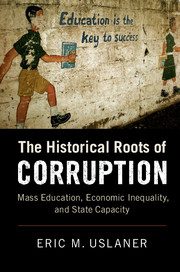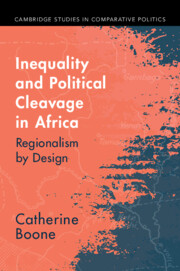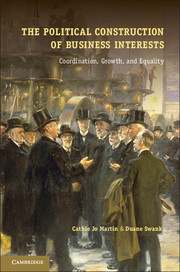Education for All?
Why did Denmark develop mass education for all in 1814, while Britain created a public-school system only in 1870 that primarily educated academic achievers? Cathie Jo Martin argues that fiction writers and their literary narratives inspired education campaigns throughout the nineteenth-century. Danish writers imagined mass schools as the foundation for a great society and economic growth. Their depictions fortified the mandate to educate all people and showed neglecting low-skill youth would waste societal resources and threaten the social fabric. Conversely, British authors pictured mass education as harming social stability, lower-class work, and national culture. Their stories of youths who overcame structural injustices with individual determination made it easier to blame students who failed to seize educational opportunities. Novel and compelling, Education for All? uses a multidisciplinary perspective to offer a unique gaze into historical policymaking. This title is part of the Flip it Open Programme and may also be available Open Access. Check our website Cambridge Core for details.
- Opens up a new avenue of research in theoretically understanding comparative education system and welfare state development from a cultural perspective
- Develops a novel model and method for assessing the influences of cultural agents and their artifacts over two hundred years of policymaking
- Provides a corrective analysis of social democracy in Denmark
Reviews & endorsements
‘Cathie Martin's study is of great interest in that it anchors a cultural perspective, linking educational history and the comparison of parallel developments, in international comparative educational research.’ Philipp Gonon, H-Soz-Kult
Product details
January 2025Paperback
9781009419666
289 pages
230 × 152 × 19 mm
0.444kg
Available
Table of Contents
- Introduction: Education for Some or Education for All? 1. Culture and the Paradox of Education Systems
- 2. Culture and Continuity through Institutional Change
- 3. Romancing the Nation: Education and State-Building in 1800
- 4. Expanding Educational Access in the Age of Social Realism
- 5. Education in the Age of Empire: Globalization, Technological Change and the Race for Supremacy
- 6. Cultural Echos of the Past in Contemporary Education Reforms.







